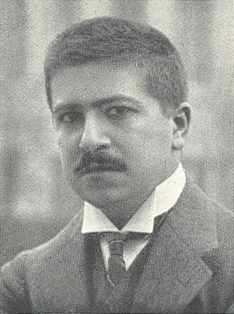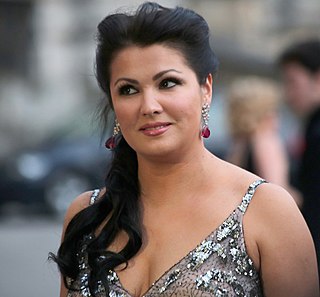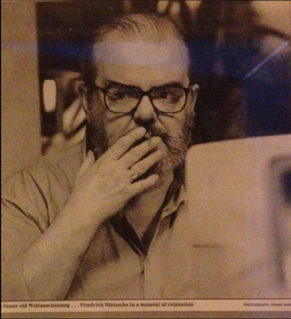A Quote by Franz Schubert
What a picture of a better world you have given us, Mozart!
Related Quotes
I have been told that a young would-be composer wrote to Mozart asking advice about how to compose a symphony. Mozart responded that a symphony was a complex and demanding form and it would be better to start with something simpler. The young man protested, 'But, Herr Mozart, you wrote symphonies when you were younger than I am now.' Mozart replied, 'I never asked how.
There's always a time in any series of work where you get to a certain point and your work is going steadily and each picture is better than the next, and then you sort of level off and that's when you realize that it's not that each picture is better then the next, it's that each picture up's the ante. And that every time you take one good picture, the next one has got to be better.
Each picture with its particular environment and unique personal relationships is a world unto itself - separate and distinct. Picture makers lead dozens of lives - a life for each picture. And, by the same token, they perish a little when each picture is finished and that world comes to an end. In this respect it is a melancholy occupation.
The television reports gave me my first inkling of a world beyond my own, a world that wasn't fair or equal, a world of poverty, war, disease and famine. But I also realized that this state of affairs wasn't necessarily a given, and that we have it in our power to make a difference, to make the world a better place for all. We have that choice. One thing's for sure, though - if we do nothing, it will be a given.
The sense that the meaning of the universe had evaporated was what seemed to escape those who welcomed Darwin as a benefactor of mankind. Nietzsche considered that evolution presented a correct picture of the world, but that it was a disastrous picture. His philosophy was an attempt to produce a new world-picture which took Darwinism into account but was not nullified by it.






































